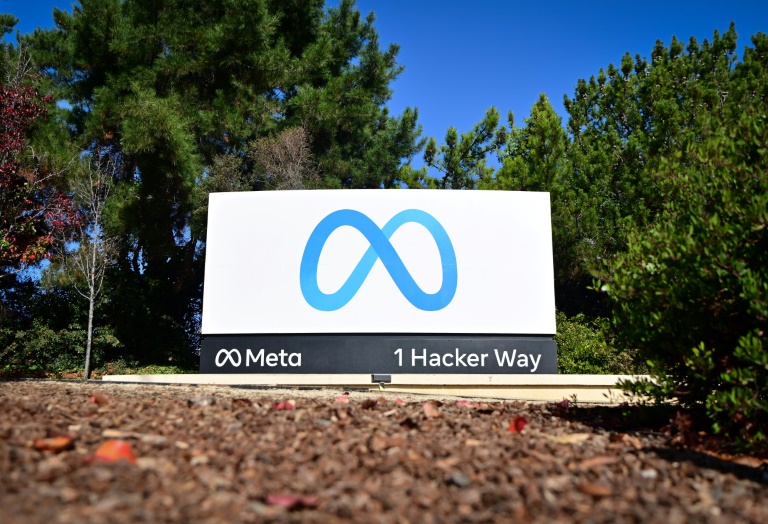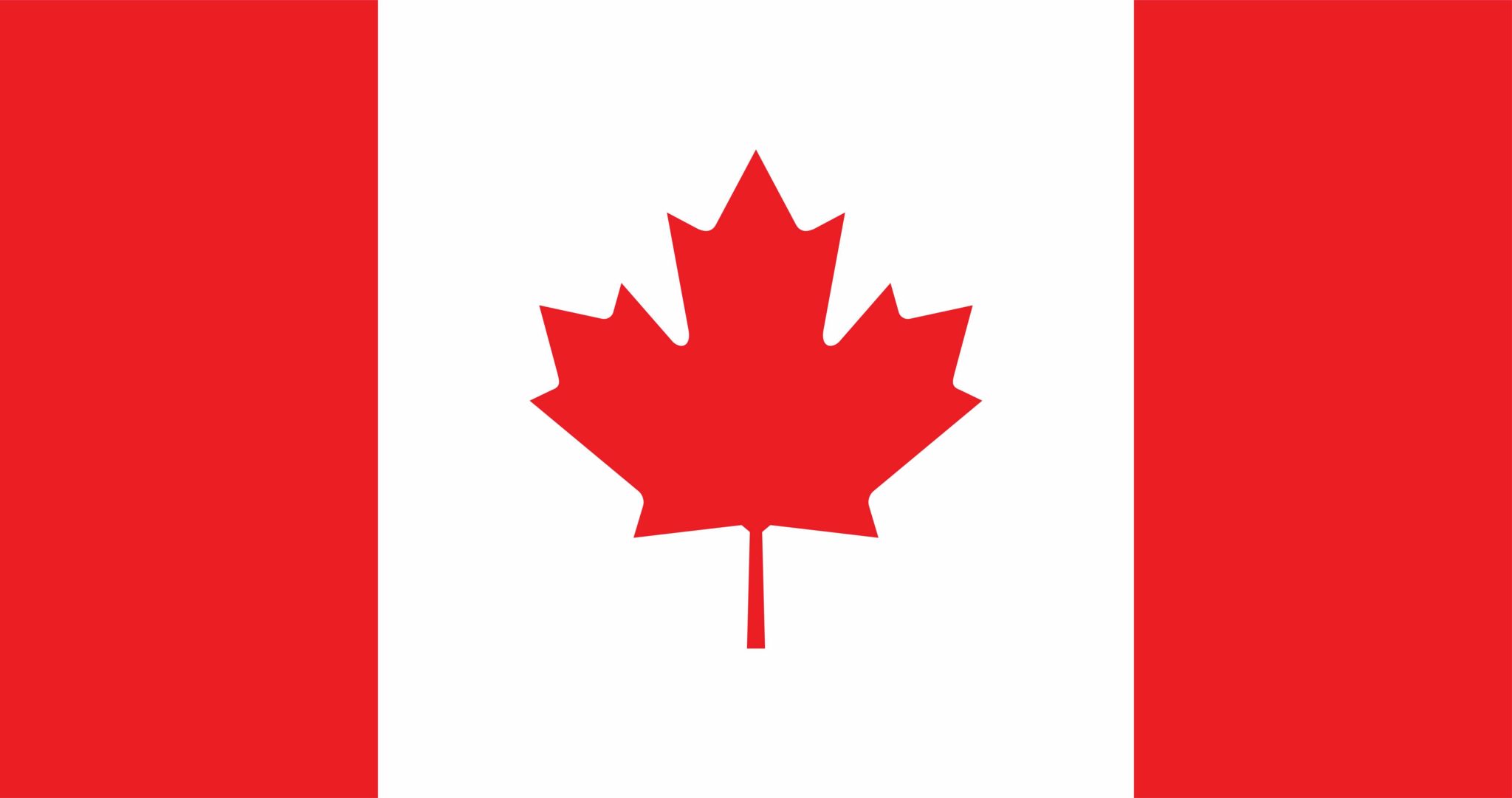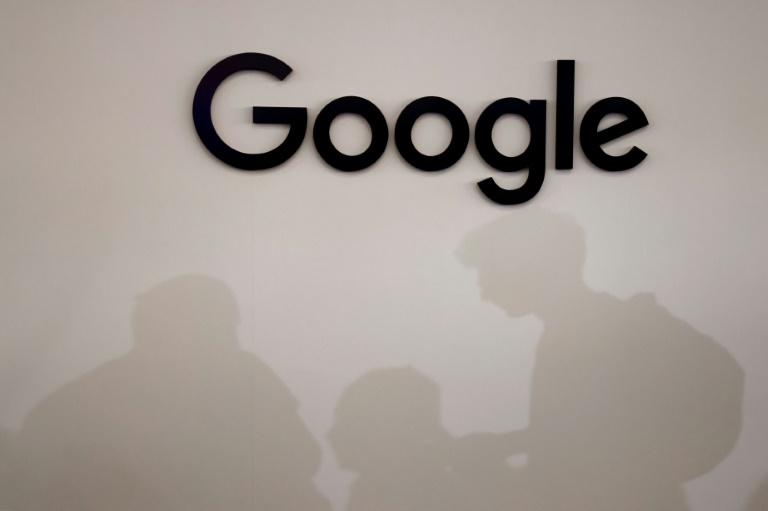An international environmental initiative is about to arrive in the favela of Rocinha, with the proposal to reduce the waste that ends up in the sea of São Conrado. The Canadian company Plastic Bank opens, this Wednesday (8), the selective collection agency “Rocinha Recicla”, which intends to remove, in an initial phase, more than 30 tons per month of plastic that would pollute the community and, by extension, Praia de Sao Conrad.
The operation of the company is based on an innovative and technological methodology, which has already prevented more than 2.5 billion pets from reaching the oceans in various parts of the world.
The main target of the program is floating waste, which ends up in the sea because, in most cases, the materials are not properly collected and disposed of. In addition, “Rocinha Recicla” intends to turn plastic waste into an economic asset, since residents and collectors of the project will receive a bonus paid per kilo. The initiative is sponsored by SC Johnson.
In practice, the company partners with collectors and collection centers located at a distance of up to 50 km from areas that can be affected by plastic pollution, such as the São Conrado sea. Once this step has been taken, a movement of professionalization of collectors is set in motion, which notably involves registration in an application using blockchain technology.
Blockchain is a distributed database on the Internet, with certifications that guarantee the authenticity of each operation, the same logic used by cryptocurrencies. In this way, collectors can receive other bonuses in addition to the value by weight, for each kilo of plastic collected.
Plastic Bank has been training Ocean Guardians and has been operating in Brazil since 2019 and currently involves over 4,000 community members. The company’s actions around the world, according to the tally, have prevented more than 50 million kilograms of plastic from reaching the ocean, an amount exceeding more than 2.5 billion plastic bottles.
After being collected, the plastic is processed and turned into a new material, called social plastic. This product receives a seal that guarantees and informs about all stages of material transformation, tracked by blockchain, making the operation safer for registered partners. The trend is that big companies around the world are starting to buy social plastic to package their products.

“Pop culture fan. Coffee expert. Bacon nerd. Infuriatingly humble communicator. Friendly gamer.”

.jpeg.jpg)



:strip_icc()/s01.video.glbimg.com/x720/7214172.jpg)
